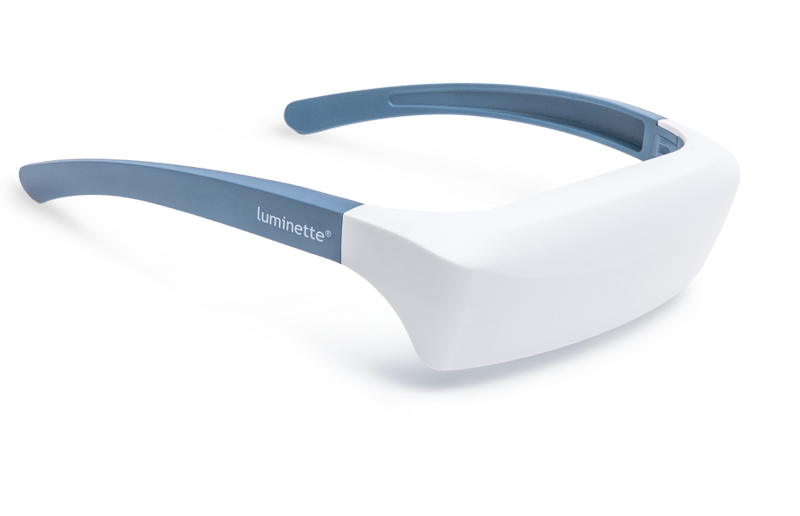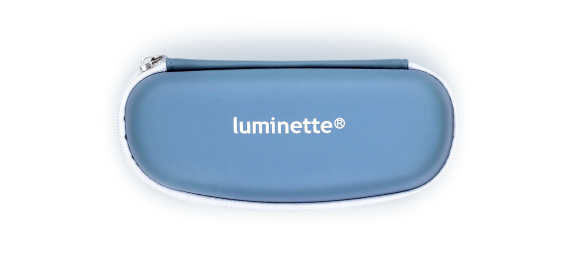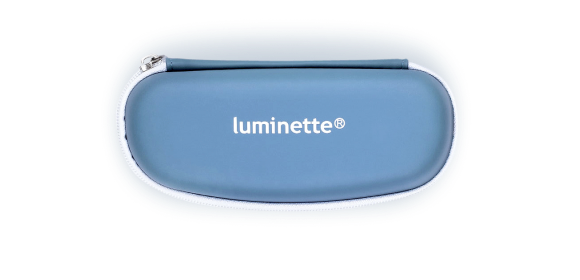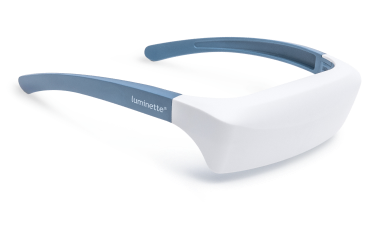In today's digital age, many of us spend hours staring at screens. Whether it's for work, school, or leisure, our eyes are constantly under strain. The consequences? Increased eye fatigue, blurry vision, and discomfort. But what if there were a natural way to alleviate these symptoms and even improve your vision? Enter eye exercises—simple, effective routines that can make a world of difference.
The Importance of Eye Health
Our eyes are our windows to the world, yet they often go neglected until issues arise. Maintaining good eye health is crucial not only for clear vision but also for our overall well-being. Poor eye health can lead to headaches, decreased productivity, and an increased risk of developing more severe conditions like macular degeneration or glaucoma. By prioritizing eye care, we can enhance our quality of life and ensure our vision remains sharp.
Regular eye check-ups with an optometrist are essential. They can catch early signs of eye disease and recommend treatments or lifestyle changes to maintain optimal eye health. Additionally, adopting healthy habits like wearing sunglasses to protect against UV rays, eating a diet rich in vitamins and minerals, and avoiding smoking can significantly impact our eye health.
How Eye Exercises Work
Eye exercises are designed to strengthen the muscles around the eyes, improve focus and flexibility, and reduce strain. Just as physical exercise benefits our body, eye exercises can enhance our visual system's efficiency. These exercises target different aspects of vision, such as alignment, movement, and focus, providing a comprehensive approach to eye care.
One common exercise is the 20-20-20 rule. Every 20 minutes, look at something 20 feet away for at least 20 seconds. This simple routine helps reduce digital eye strain and gives your eyes a much-needed break. Another effective exercise is palming, where you rub your hands together to generate warmth and then place them over your closed eyes. This helps relax the eye muscles and reduce stress.
Incorporating these exercises into your daily routine can lead to noticeable improvements in vision clarity and comfort. Over time, you'll find that your eyes feel less tired, and your overall visual performance is enhanced.
Benefits of Eye Exercises
Eye exercises offer a range of benefits, making them a valuable addition to your daily routine. Firstly, they can alleviate symptoms of digital eye strain, a common issue for those who spend prolonged periods in front of screens. By regularly performing eye exercises, you can reduce discomfort, dryness, and headaches associated with screen use.
Secondly, eye exercises can enhance your focus and concentration. Strengthening the eye muscles and improving coordination can help you maintain better visual attention, which is particularly beneficial for students and professionals who engage in detailed tasks.
Lastly, eye exercises contribute to long-term eye health. Regular practice can improve blood circulation to the eyes, reduce the risk of developing vision-related problems, and support overall eye function. Incorporating these exercises into your daily routine is a simple yet effective way to invest in your visual well-being.
5 Tips to Feel Better in Winter
Facing the winter cold can be a real challenge, especially for those living in regions with long and harsh winters. Did you know that over 15% of the adult population suffers from seasonal mood swings during this time of the year? This is due to a lack of light, which leads to reduced production of serotonin (the "happiness hormone") in the brain.
Fortunately, there are simple and effective solutions that can help you get back on track during winter. Learn how to combat the winter blues with these 5 simple health tips.
Embrace the Morning Sun
According to a scientific study published in the December 2021 issue of the Journal of Affective Disorders, daily exposure to natural light significantly impacts our mood and sleep quality. A lack of light exposure is linked to the risk of depressive symptoms, insomnia, and low mood.
So, in the morning, consider having your coffee on the terrace or balcony to soak up a few rays of sun before starting your day!
Create a Zen Ambiance in Your Bedroom
One of the best pieces of advice for better sleep is to rest in a dark room. As night falls, darkness triggers the production of melatonin in the brain, signaling the body to calm down and wind down after a busy day.
To allow your body to produce melatonin at the right time (which will relieve stress and promote good sleep), it's a good idea to go to bed a bit earlier, around 10 PM.
Release Endorphins through Regular Exercise
Winter is here, and at times, engaging in physical activity may seem like a daunting task. However, the best thing you can do to feel better in your body during winter is to stay active! Choose activities that are both relaxing and energizing. Whether it's yoga or fitness, you can adapt the intensity level to your energy level. If you don't feel like going out, no worries. You can work out at home to stay warm. Opt for simple exercises that require light equipment, such as elastic bands and exercise balls. After 30 minutes of physical activity, the brain starts releasing endorphins while simultaneously reducing stress hormone levels in the body. You'll feel happier, more energetic, and less stressed.
Reduce Tea and Coffee Consumption
Coffee is the ideal beverage for an active day. In the morning, it gives us a much-needed boost and helps us carry out our daily activities. However, don't forget the negative effects of caffeinated drinks: they can disrupt sleep, even hours later, and inhibit the production of melatonin. Opt for water, fruit juices, or at least try to reduce your coffee or tea consumption as much as possible.
Enjoy the Benefits of Light Therapy
Did you know that 15 to 30 minutes of daily exposure to bright light can significantly improve your mood, alertness, energy, and even aid in weight loss? If you're combating the effects of stress or simply seeking a better night's sleep, light therapy can help you achieve your desired outcomes.
Professional light therapy devices that replicate natural light allow you to effectively combat symptoms of winter blues. If you expose yourself to bright light for 30 minutes in the morning, you naturally stimulate the pineal gland responsible for managing the sleep/wake cycle. From the first sessions, you'll feel less fatigued and more energetic. This white light is safe for the skin and less straining on the eyes than sunlight at noon.
Born in 2006, Luminette is the result of collaboration between two worlds: sleep medicine and optical physics. Our portable light therapy device grants you the freedom to focus on your activities without losing a moment of light. With its innovative design, this accessory can be used anywhere and at any time. Discover all the benefits offered by this practical and versatile device that combines the advantages of modern light therapy with the needs of professionals who are always on the go.
FAQ
Do Eye Exercises Really Improve Vision?
Many people wonder whether eye exercises can genuinely improve vision. While they may not replace corrective lenses or medical treatments, they can certainly enhance eye comfort and function. Regular practice can lead to reduced eye strain, improved focus, and overall visual well-being.
How Often Should I Do Eye Exercises to See Results?
Consistency is key when it comes to eye exercises. Aim to incorporate them into your daily routine, especially if you spend long hours in front of screens. Even dedicating just a few minutes each day can yield noticeable results over time.
Are There Any Risks Associated with Eye Exercises?
Eye exercises are generally safe and beneficial for most people. However, it's essential to perform them correctly and avoid overexertion. If you experience any discomfort or worsening of symptoms, it's best to consult an eye care professional.
Can Eye Exercises Help with Digital Eye Strain?
Yes, eye exercises can be highly effective in alleviating digital eye strain. Practices like the 20-20-20 rule and palming help relax the eye muscles and reduce strain caused by prolonged screen use. Incorporating these exercises into your daily routine can significantly improve your eye comfort.

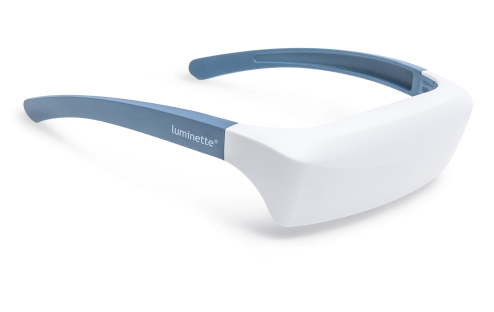


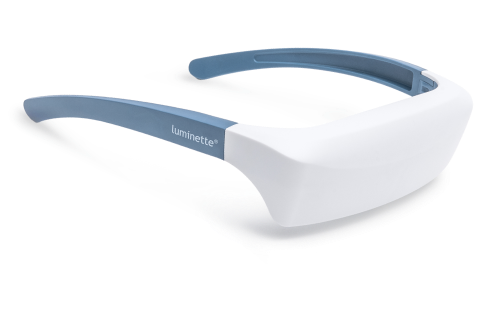




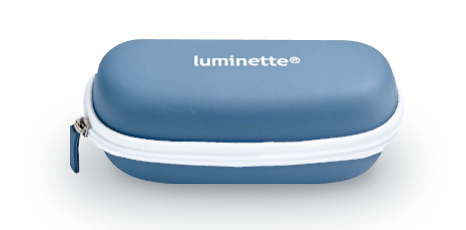
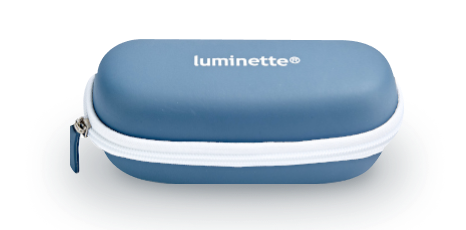






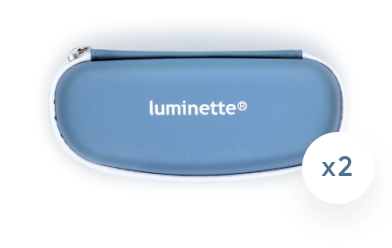
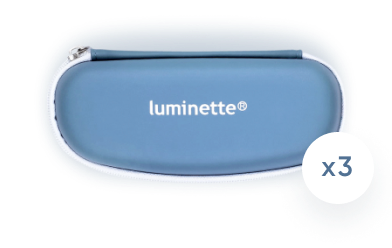

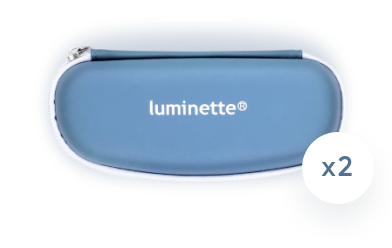
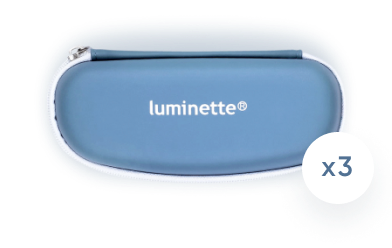





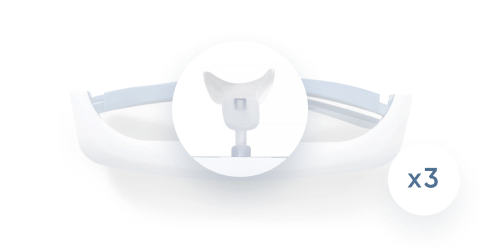










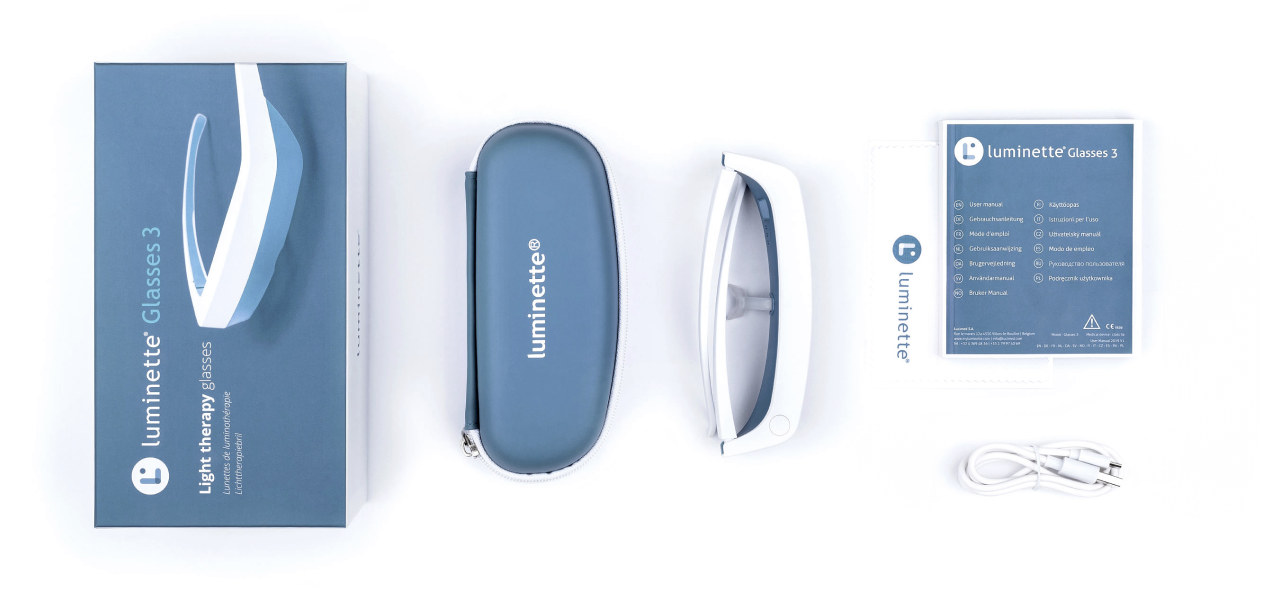

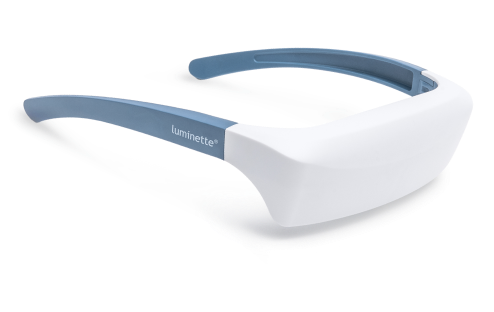
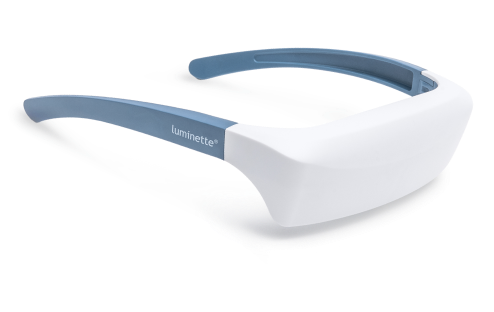


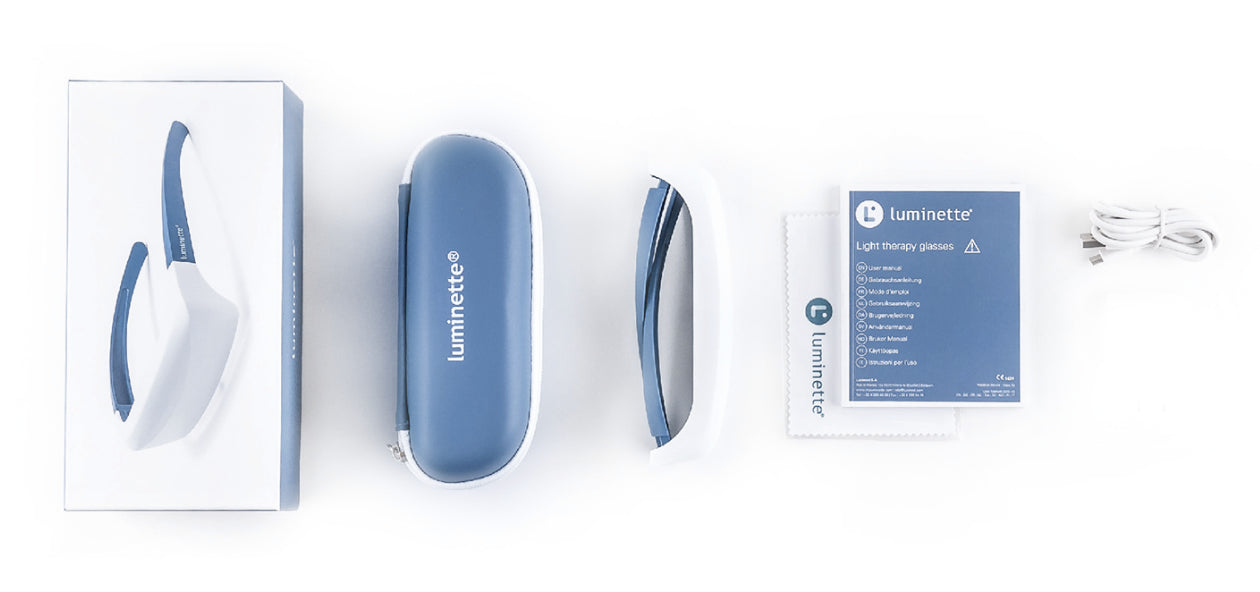




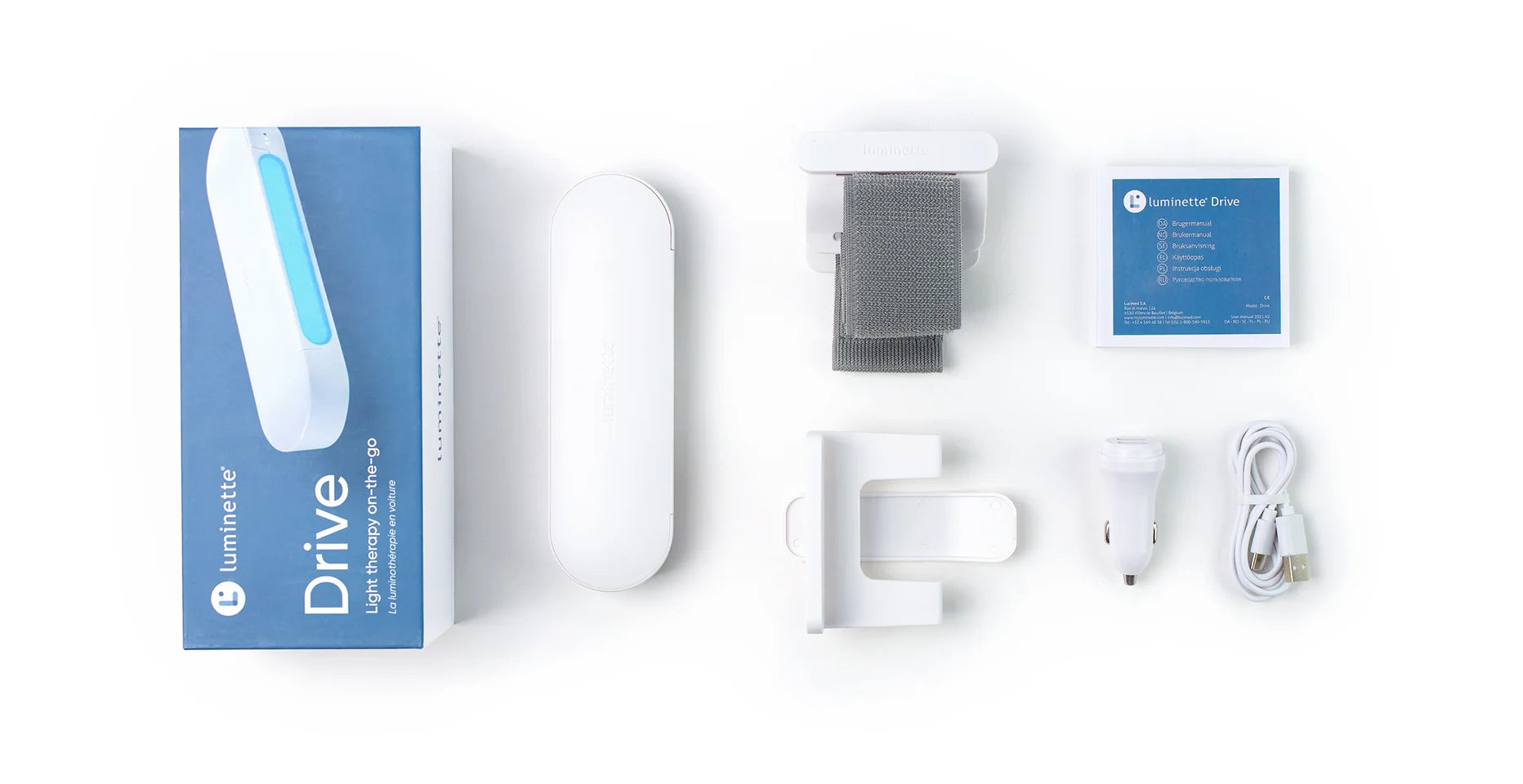

 Please note
Please note




